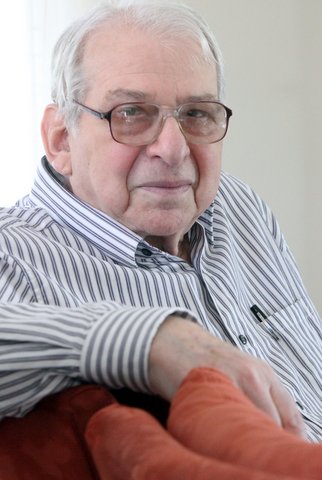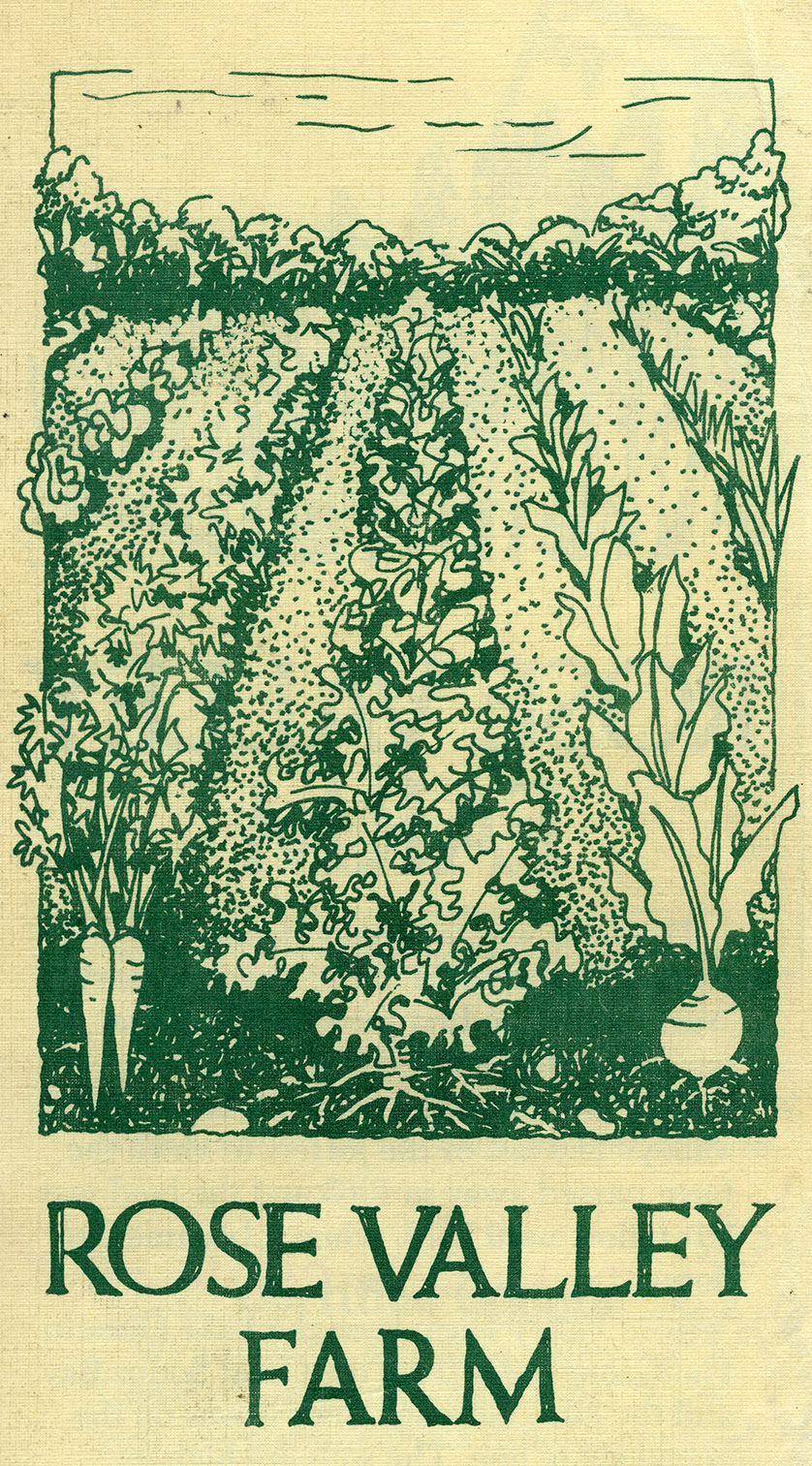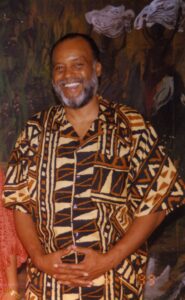Julie Graham Papers
Access restrictions: Temporarily stored offsite; contact SCUA in advance to request materials from this collection.
The economic geographer Julie Graham (1945-2010) and her colleague Katherine Gibson have been influential in envisioning alternatives to capitalist economics and economic development. After studying at Smith College (BA, 1965) and Clark University (PhD, 1984), Graham joined the faculty at UMass Amherst where she helped shape the new graduate program in geography. From early in her career, she worked so closely with her Australian colleague Gibson that they often published jointly under the pen name J.K. Gibson-Graham, and Graham developed close working relationships across several departments at UMass. A prolific author and inspiring mentor for students, Graham’s academic work drew upon an innovative mix of political economy, poststructuralist theory, feminism, and community-based research. Among her more significant publications are the now-classic The End of Capitalism (As We Knew It): A Feminist Critique of Political Economy (1996), on representations of capitalism and their political effect, A Postcapitalist Politics (2006), which explores alternatives to capitalism, and two edited volumes, Class and Its Others (2000) and Re/Presenting Class (2001). Graham died in Nashville on April 4, 2010.
The Graham Papers offer a detailed perspective on the radical geographer Julie Graham. The collections documents Graham’s life and career beginning in her undergraduate years and extending through her last research projects in community economies. Through correspondence and writings, photographs, and research — closely intertwined with her colleague Katherine Gibson — the collection gives shape of Graham’s radical challenge to human geography tinged with an optimistic economic and social possibility. The collection also includes letters, photographs, and genealogical matter relating to Graham’s family, extending back to the time of the First World War.




